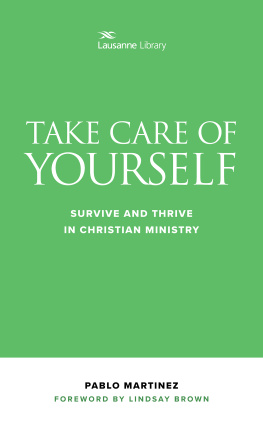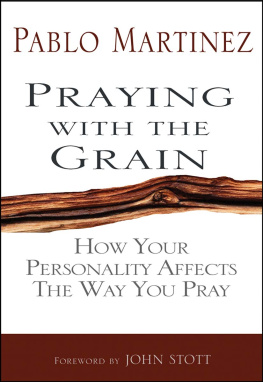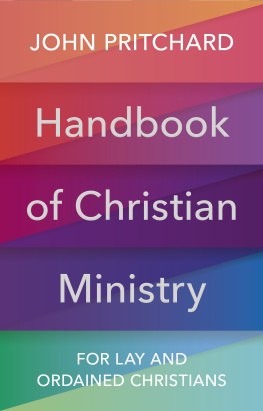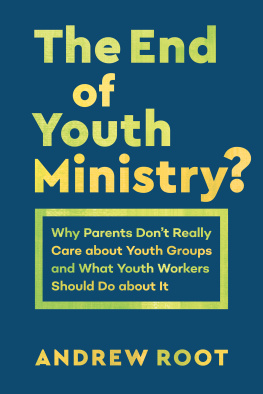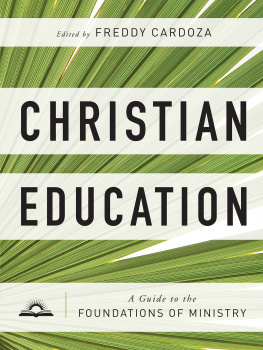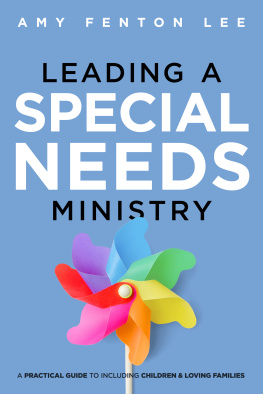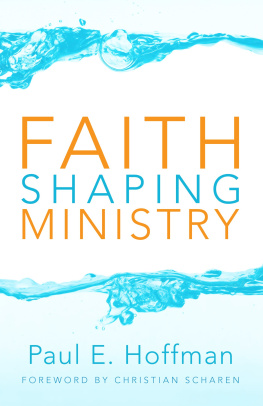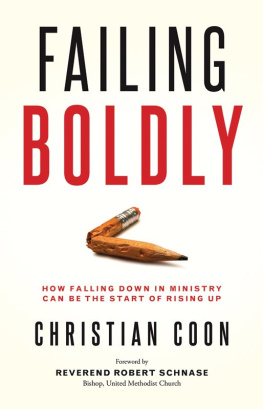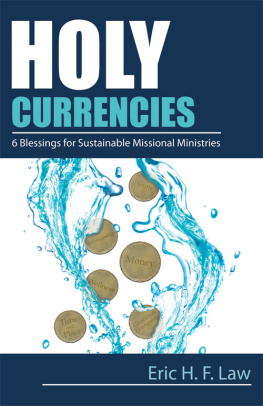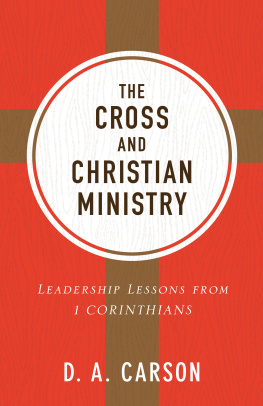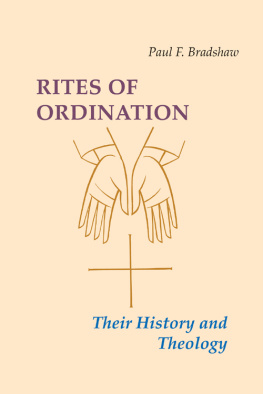All rights reserved. No part of this book may be reproduced or transmitted in any form or by any means, electronic or mechanical, including photocopying, recording, or by any information storage and retrieval system, without permission in writing from the publisher.
All Scripture quotations, unless otherwise indicated, are taken from the Holy Bible, New International Version, NIV. Copyright 1973, 1978, 1984, 2011 by Biblica, Inc. Used by permission of Zondervan. All rights reserved worldwide. www.zondervan.com. The NIV and New International Version are trademarks registered in the United States Patent and Trademark Office by Biblica, Inc.
Scripture quotations marked RSV are taken from the Revised Standard Version of the Bible, copyright 1946, 1952, 1971 by the Division of Christian Education of the National Council of the Churches of Christ in the United States of America. Used by permission. All rights reserved.
Due to technical issues, this eBook may not contain all of the images or diagrams in the original print edition of the work. In addition, adapting the print edition to the eBook format may require some other layout and feature changes to be made.
Foreword
This little book is a gem. It could be a lifesaver for someone in Christian ministry. I trust it will bring welcome restoration for any who have lost their joy in the heat of the battle, or simply become worn down.
Im sure it will provide a soothing balm for the honourably wounded. I wish I had read it in my early twenties when I began working in full-time ministry. I was inspired by the biographies of Robert Murray McCheyne, who died aged twenty-nine, Henry Martyn, who died at thirty-one, and Jim Elliot, who was murdered aged twenty-eight. I was influenced by others who said they would rather burn out than rust out. For my first four years in ministry as a young student worker, I thought days off and holidays were for wimps! So I filled my holidays with ministry opportunities in the UK and overseas.
Then something changedI was given a sabbatical period for nine months and suddenly experienced exhaustion as I stopped the constant whirr of activity. Six people I had mentored became student workers, and also experienced some form of physical breakdown or health problems. It caused me to realize that I had provided a poor and inadequate model, and I needed to re-think it. Later, I saw that I had a deficient view of God, both as a Father who lovingly cares for his children and as a Creator who gives his people all things to be enjoyed richly and freely.
There must be many Christians in ministry who behaved like me, adopting a sub-Christian and indeed rather platonic worldview, where the body is seen as being unimportant. Pablo Martinez provides a healthy antidote to that. The book is replete with choice statements and powerful principles, such as a fruitful ministry is not the same as a full ministry; the problem is not working too much, but resting (renewing) too little; we are not human doings but human beings; and we must learn not only from [Jesus] doing but also from his stopping.
As I read this book, I was reminded of the apostle Pauls exhortation to the Ephesian elders at the end of his last missionary journey. He was on his way to Jerusalem not knowing what will happen [to him] there. He sent a messenger to Ephesus, a full days journey away, to find the elders and bring them to Miletus so he could meet with them before he sailed. The passage is highly charged and very moving (Acts 20:1738). The apostle urges the elders to keep watch over yourselves and all the flock of which the Holy Spirit has made you overseers (v. 28). Note the vital order of that command. This book is a perceptive commentary on those critical first four words.
Pablo Martinez is Spains leading evangelical psychiatrist. In his mid-twenties, he made a choice which set the direction of his life. He had the opportunity to engage in student ministry or become Spains first evangelical psychiatrist. He chose the latter and has been the means of blessing, help and deep-seated counsel to thousands. His previous books, A Thorn in the Flesh and Praying with the Grain , have been sources of great encouragement and help to many hard-pressed believers.
This book provides liberation for those who fail to appreciate the wonder of Gods creation and his fatherly care for his children. More than that, it provides a wonderful sense of the wholeness that the Christian gospel brings to those who place their trust in Christ as Saviour, their dependence on God as Father and Creator, and who draw on the sustaining help and support of the Holy Spirit.
The strange paradox is that those who follow Pablos advice to take care of their bodies and enjoy Gods creation will find that their joy in Christ and the gospel is deepened, and their commitment to serve in Christian ministry enhanced.
I am pleased, too, to see the appendix on handling the past. Over the years I have met many students and Christian workers who carry deep burdens from their past. We have waited a long time for a chapter like this, which Im sure will bring profound help.
For some, this book will be exhilarating, for others, it will be liberating, and for many, it will be an eye-opener. My prayer is that for all readers it will be a source of enrichment and joy.
Lindsay Brown, General Secretary
International Fellowship of Evangelical Students
(IFES) 19912007
International Director
Lausanne Movement 20082016
1. Jars of Clay
All the unhappiness of men comes from one thing, which is not knowing how to be at rest in a room.
Pascal
They made me keeper of the vineyards; but my own vineyard I have not kept!
Song of Songs 1:6b, RSV
Some people never think of others; that is the paradigm of a selfish person. Others, on the other hand, never think of themselves and become the paradigm of a fatigued person with a restless life. Neither of these two ways of living pleases God, even though the latter may sound more spiritual.
When Robert Murray McCheyne, a young Scottish minister, lay dying at the age of twenty-nine, he turned to a friend and said: God gave me a message to deliver and a horse to ride. Alas I have killed the horse and now I cannot deliver the message. What a graphic picture of spiritual passion turned to overexertion.
Billy Graham was once asked, What would you change if you could start your life again? He replied: I would preach only once a day. The words of this respected man of God echo a profound and most important principle: a fruitful ministry is not the same as a full ministry packed with activities and unceasing action.
After many years of counselling Christian workers about the danger of exhaustion and about its prevention, I have come to a conclusion similar to Billy Grahams: the problem is not working too much, but resting (renewing) too little. The purpose of this book is not to make you work less but to help you rest more and renew yourself better.
We are not human doings but human beings
Many times we neglect the care of our vineyard because we want to deny Gods original design for us: he made us human beings, not human doings. Our identity and value before God come primarily from who we are , not from what we do . This divine design includes a balance between working and resting, giving and receiving. If this balance is broken, there is a danger that, like the writer of the Song of Songs, we will neglect our own vineyard while we are caring for the vineyards of others.

